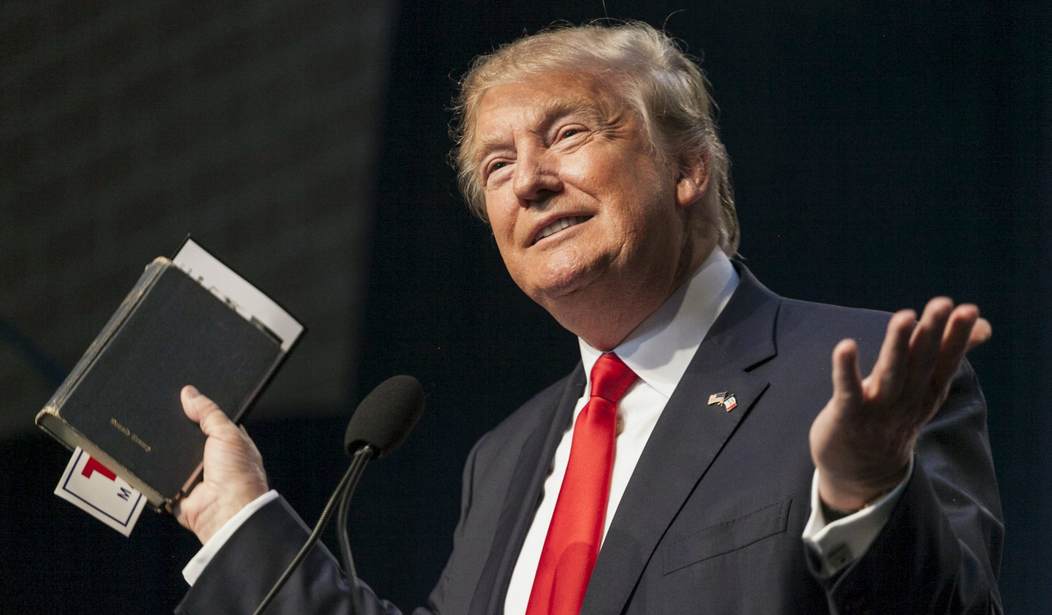WASHINGTON — As President Obama toasts with the regime in Vietnam — and declared that human rights concerns aren’t enough to stop the administration from lifting the arms embargo on the communist country — Sen. John Cornyn (R-Texas) said he’ll attach human rights sanctions to the upcoming defense bill.
The Senate majority whip reintroduced his Vietnam Human Rights Sanctions Act back in January, co-sponsored by Sens. John Boozman (R-Ark.), Bill Cassidy (R-La.), and Marco Rubio (R-Fla.).
The bill states that the president “shall submit to the appropriate congressional committees a list of individuals who are nationals of Vietnam that the president determines are complicit in human rights abuses committed against nationals of Vietnam or their family members, regardless of whether such abuses occurred in Vietnam.”
Punitive measures would include barriers on entry to the United States and financial sanctions. These would no longer be in force once Vietnam “unconditionally released all political prisoners; ceased its practices of violence, unlawful detention, torture, and abuse of nationals of Vietnam while those nationals are engaging in peaceful political activity; and conducted a transparent investigation into the killings, arrest, and abuse of peaceful political activists in Vietnam and prosecuted those responsible.”
The legislation also expresses the sense of Congress that the State Department should re-list Vietnam as a country of particular concern for religious freedom.
On the Senate floor today, Cornyn noted that Vietnamese is the third most-common language spoken in his home state.
“It’s important to remember even as President Obama is traveling to Vietnam, that Vietnam is a brutal communist regime that continues to disregard basic human rights,” Cornyn said. “Our two countries will never achieve the kind of close relationship that I know many in Vietnam and many in the United States aspire to until Vietnam releases all political prisoners, demonstrates basic respect for human rights, and embraces self-government ideals that we, again, take for granted here in America.”
“I believe that until that happens, the United States has no choice but to continue to hold Vietnam at arm’s length. And that means we must do all we can to put pressure on the regime to strengthen freedoms for the Vietnamese people.”
Cornyn said he’ll try to attach his sanctions legislation as an amendment to the National Defense Authorization bill that the upper chamber will be debating this week.
“The United States simply must do more to support the rights of the Vietnamese people and freedom-loving people everywhere,” he continued. “And we simply can’t give a pass to the Vietnamese regime and a pass to their oppressive government because, frankly, it’s a little inconvenient to bring up during the time we’re talking about trade and better economic relationships. This bill is a step forward in the fight for their civil, religious and political liberties.”
In the House, Rep. Chris Smith (R-N.J.) authored the Vietnam Human Rights Act, introduced a year ago.
“The president may give a speech that makes reference to human right concerns, but his words must be matched with deeds or Vietnam’s Communist Party leaders will expect and receive lucrative trade benefits and arms sales,” Smith said. “Without establishing human rights conditions, nothing will change in Vietnam, and the American people will continue to subsidize the repression of democracy advocates and religious groups.”
“We should judge the success of the president’s trip by how many of the 100-plus religious and political prisoners are released, such as human rights lawyer Nguyen Van Dai, Buddhist leader Thich Quang Do and others from Vietnam’s diverse religious and ethnic communities—Buddhist, Christian, Khmer Krom, Montagnard, Hmong, Hoa Hao and Cao Dai.”









Join the conversation as a VIP Member